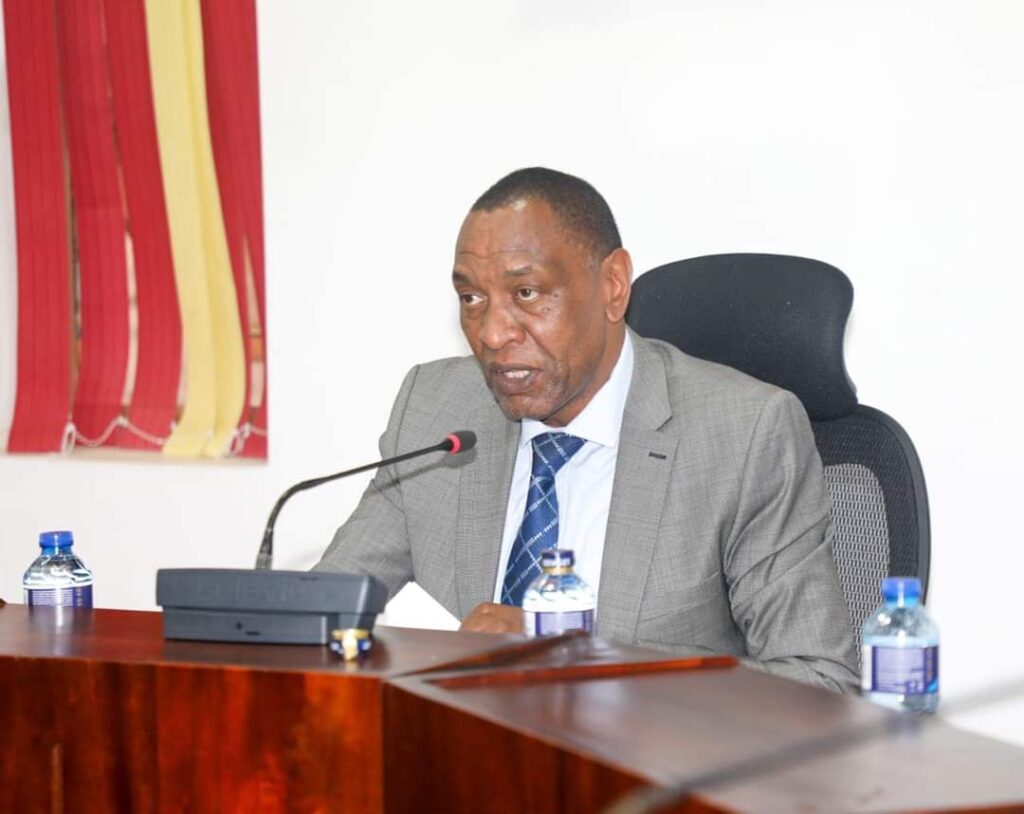Manufacturers Urged to Embrace Night Operations to Optimize Energy Use

During a recent Senate Committee meeting on Energy, the Kenya Association of Manufacturers (KAM) emphasized the need for incentives to encourage manufacturers to operate at night. This proposal aims to address significant energy losses and optimize the use of geothermal resources in the country.
The meeting, chaired by Nyeri Senator Wahome Wamatinga, brought together KAM officials and various senators to discuss the manufacturing sector’s role in energy consumption and the promotion of sustainable energy practices in Kenya.
Acting Chief Executive of KAM, Mr. Tobias Alando, highlighted that manufacturers account for 67% of the electricity consumed in Kenya, with large commercial and industrial entities being the primary users. This reliance on electricity has raised concerns about the 23.4% loss of power produced by Kenya Power Company, a topic that Senator Ole Kina questioned during the session.
Alando explained that of the 23.4% loss, 10% is attributed to technical issues during power transmission, which is accounted for in the tariff structure. The remaining 13.4% stems from commercial losses, where customers are metered but fail to pay their bills, or are connected to the grid without proper metering.
A key issue discussed was the staggering 800 gigawatt hours of geothermal energy lost annually due to inadequate evacuation to load centers. This amount represents approximately 71% of the energy purchased from petro-thermal generators in the previous year, indicating a misalignment in energy sourcing.
KAM proposed that by incentivizing nighttime manufacturing, the sector could effectively utilize the surplus geothermal steam that is otherwise wasted. This shift could enhance energy efficiency and reduce reliance on more expensive petro-thermal energy sources.
The meeting included notable attendees such as Vice Chairperson Elgeyo Marakwet Senator William Kisang and Tana River Senator Danson Mungatana, who showed support for initiatives aimed at improving energy sustainability in the manufacturing sector.
As Kenya seeks to optimize its energy resources and promote industrial growth, the suggestions from KAM could play a pivotal role in reshaping energy consumption practices within the manufacturing industry.




